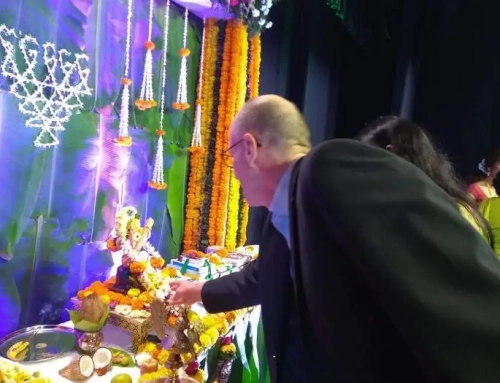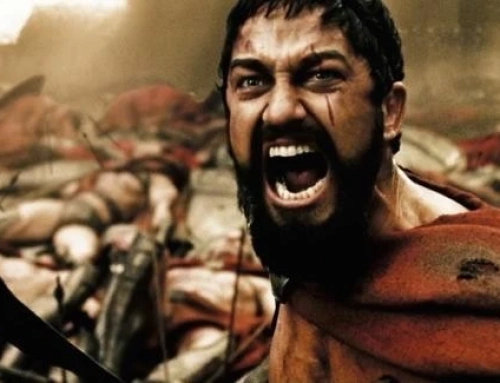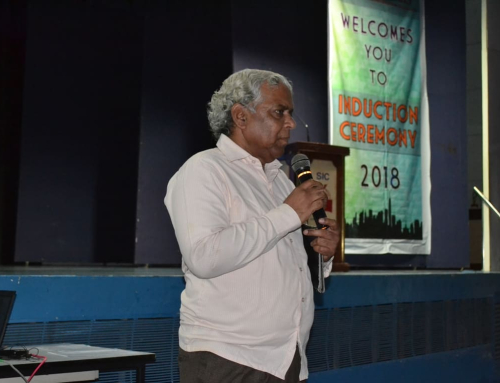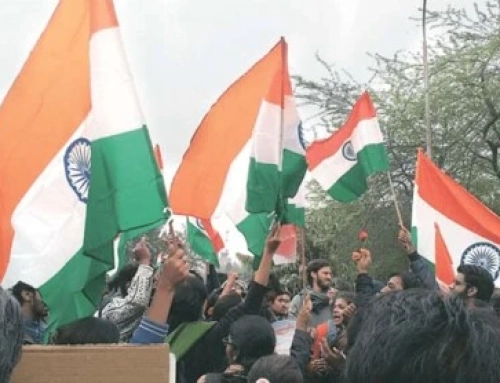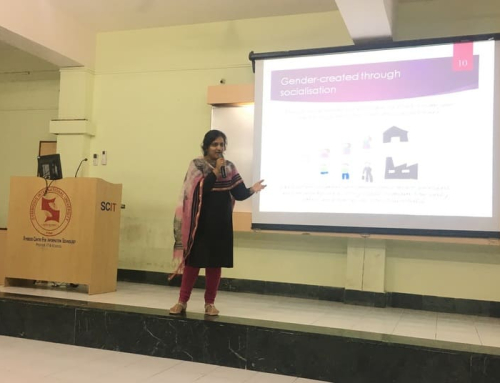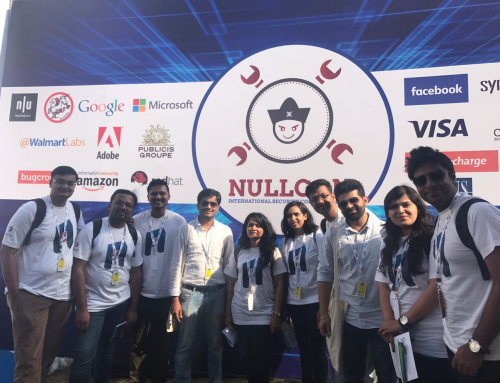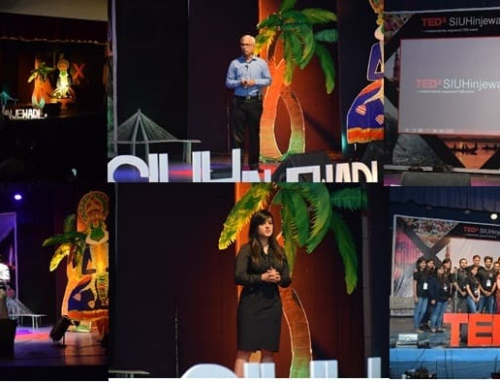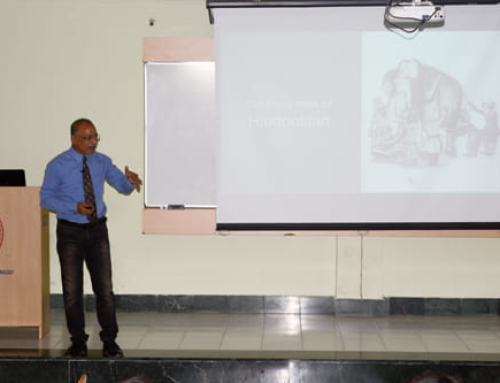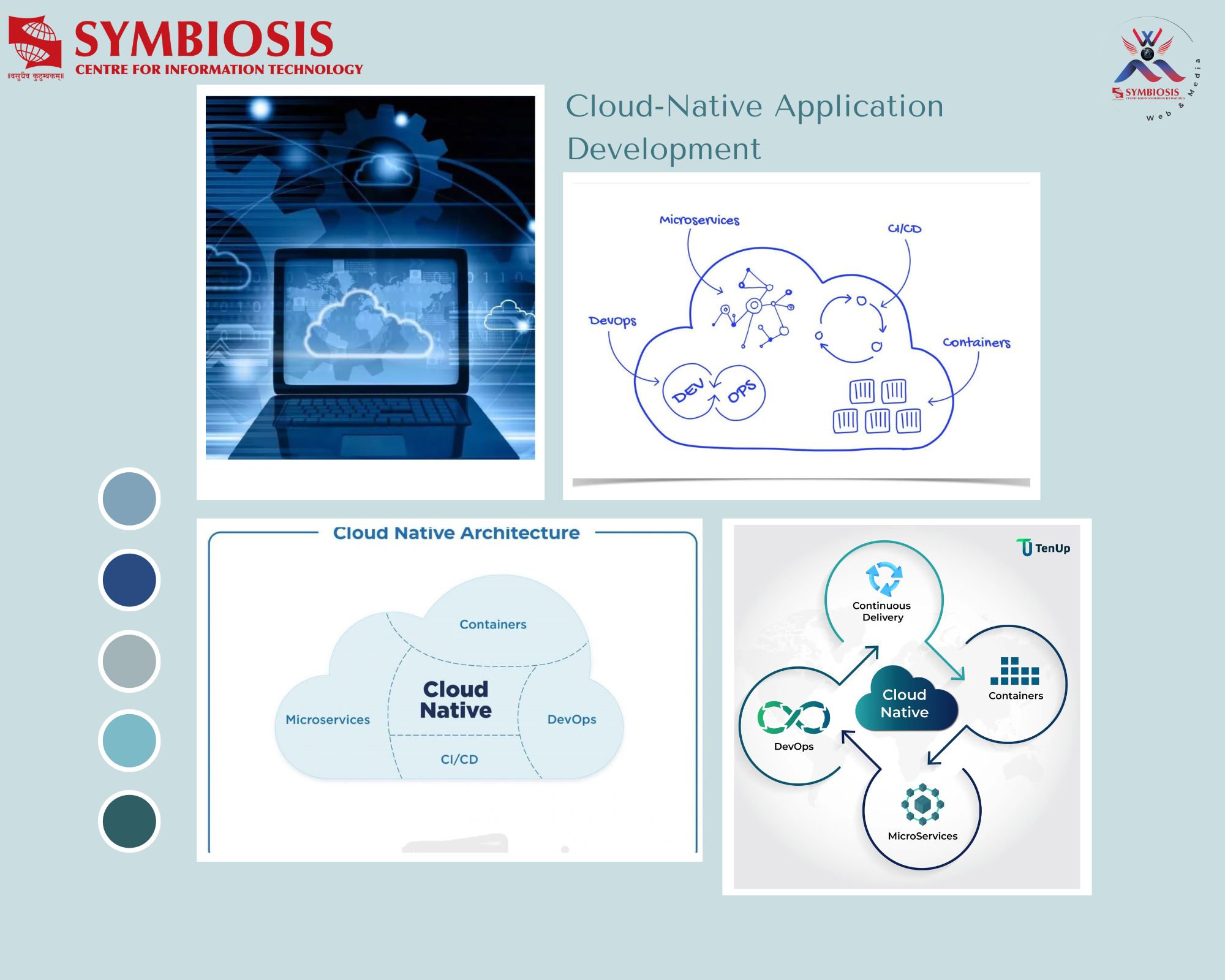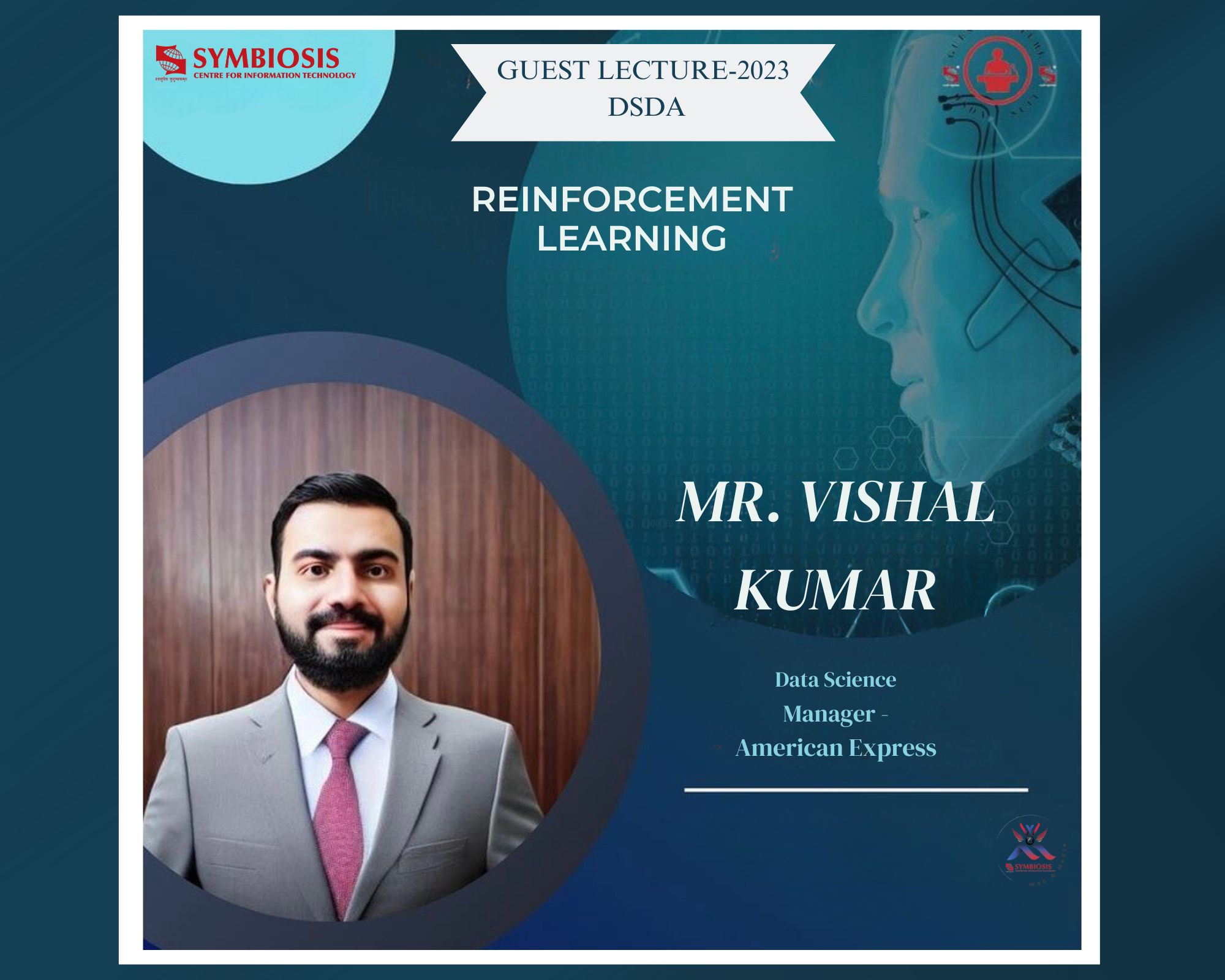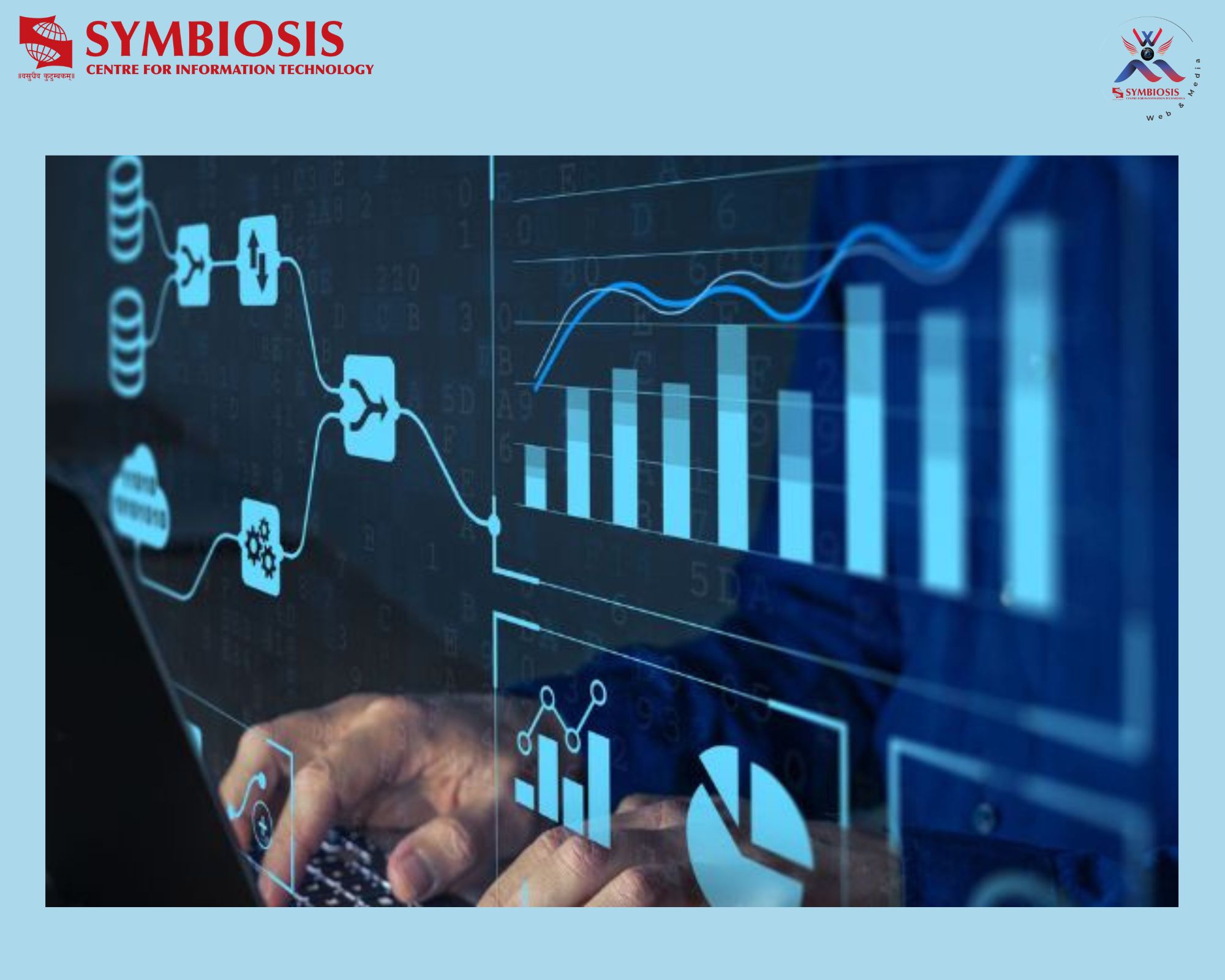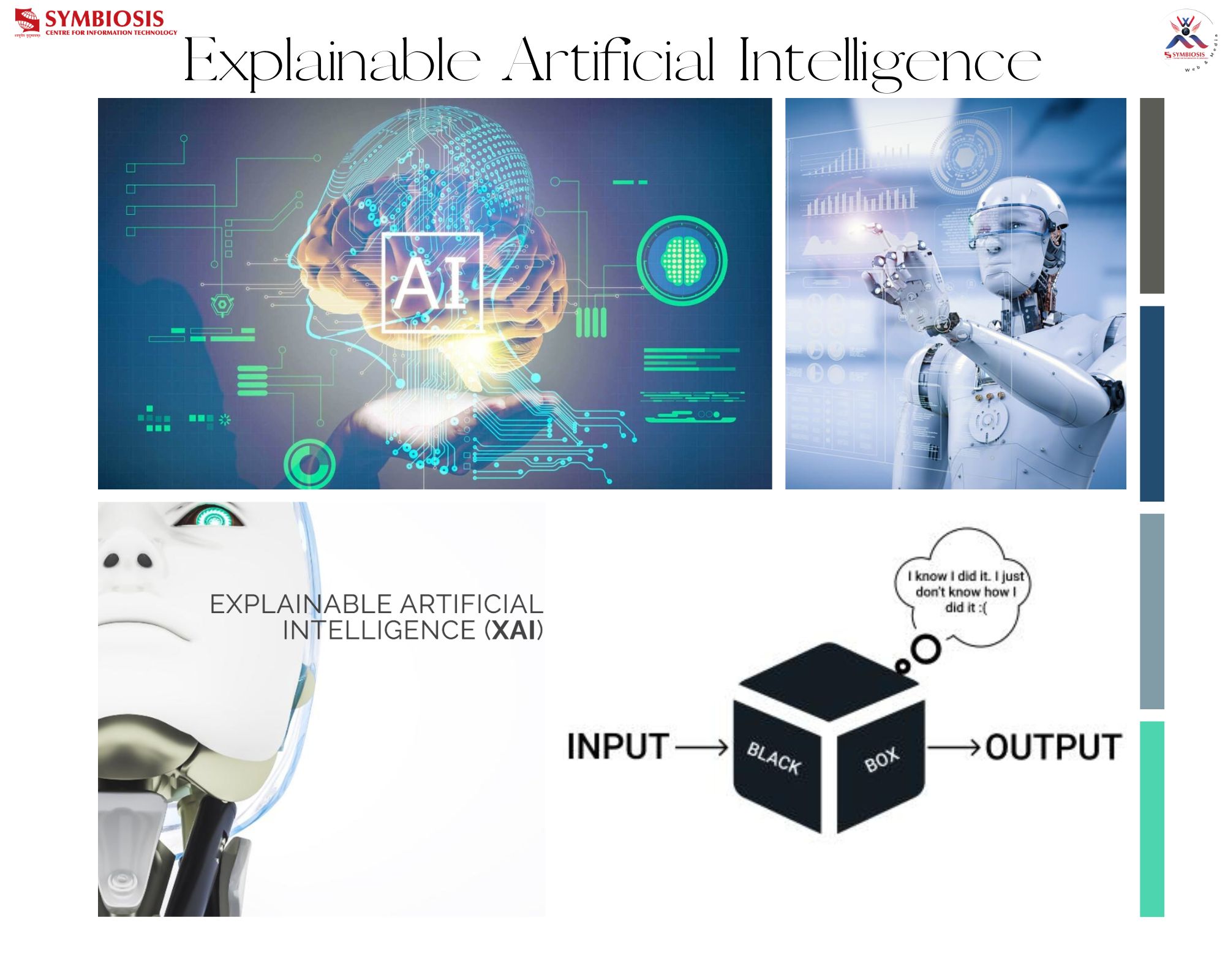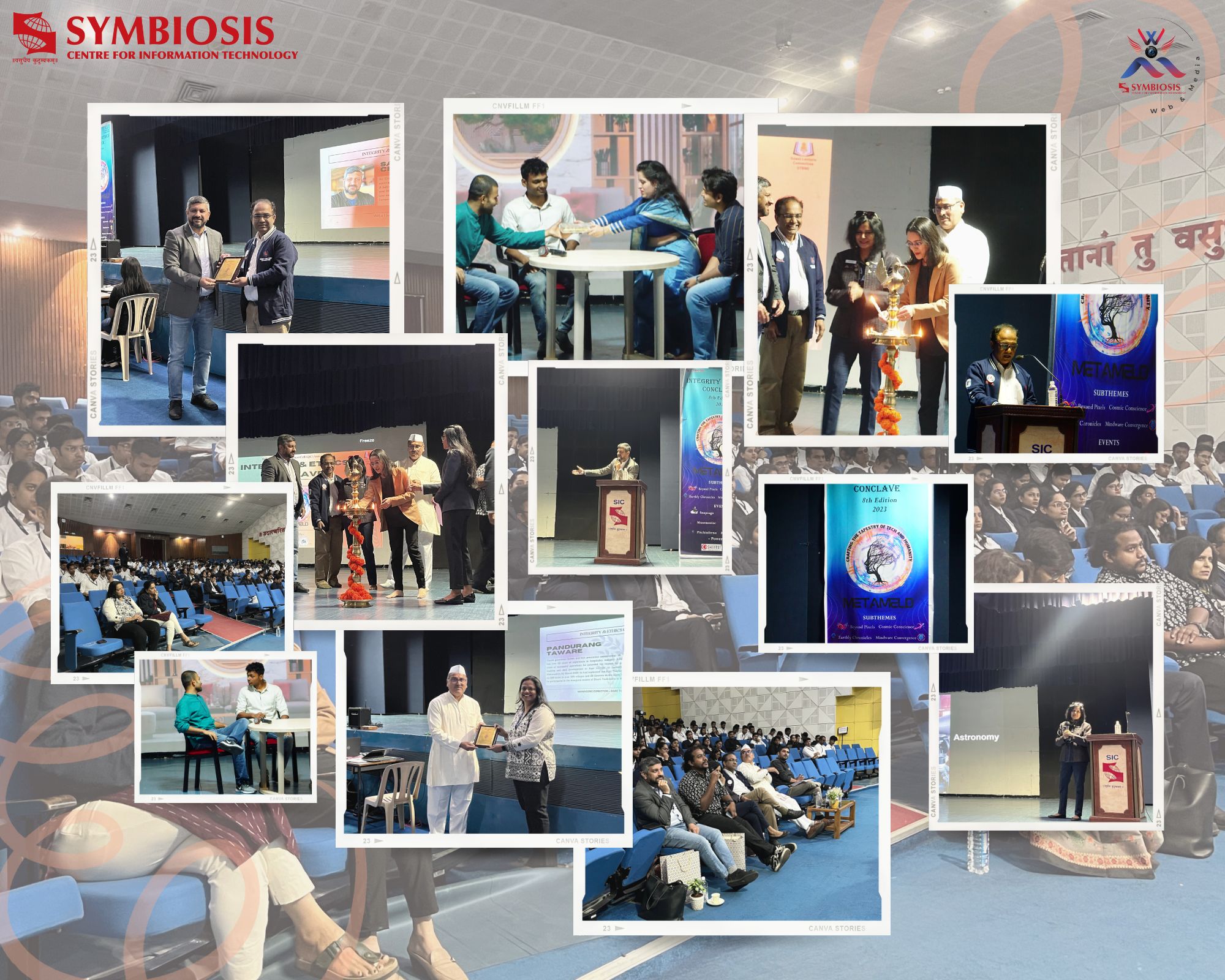The Pop corn debate
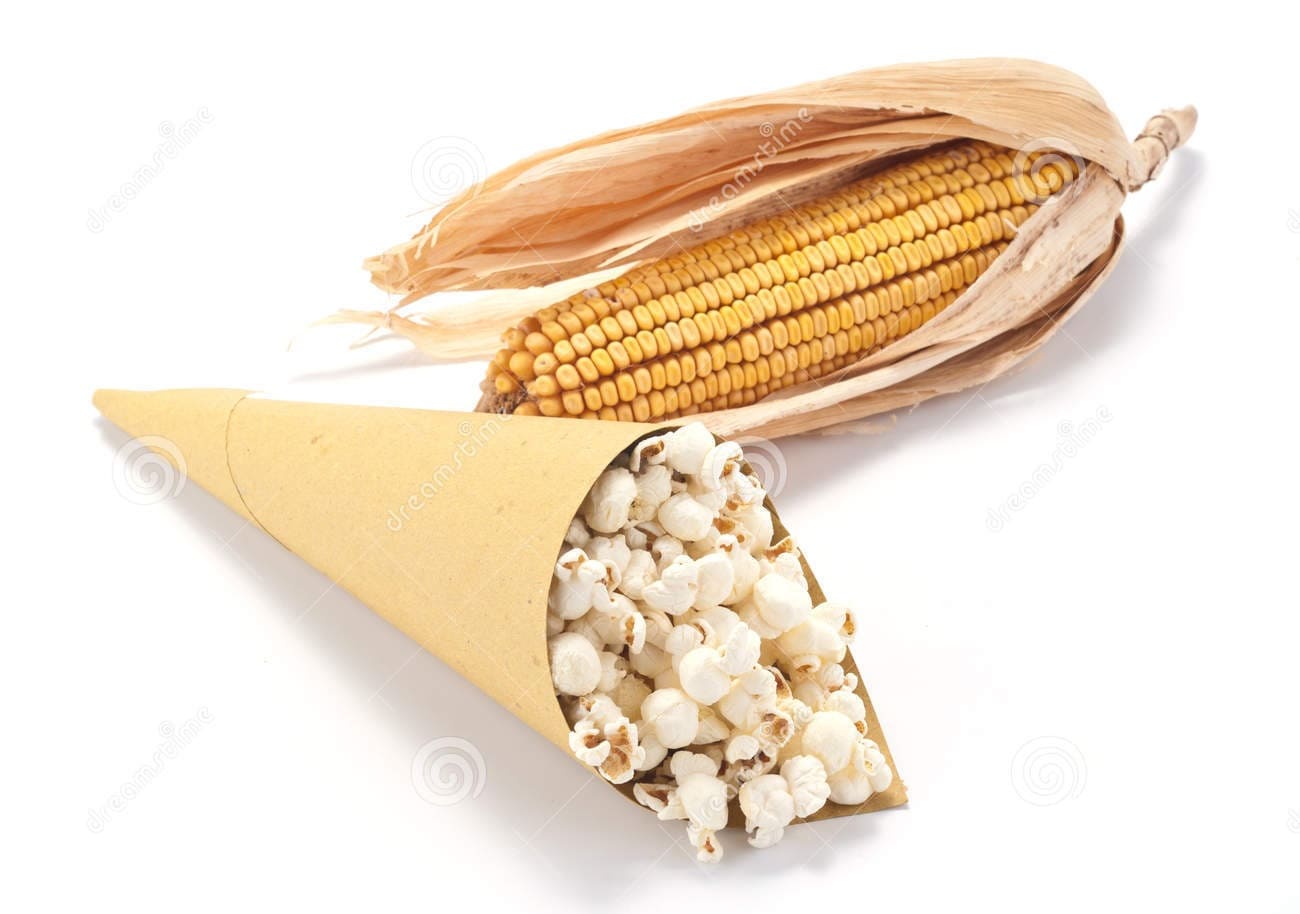
The Pop corn debate
(This blog was co-created by senior students Srushti, Jaskirat, Shravankumar together with Prof. Saravan)
This week, Students of Globalization participated in a debate on the subject of economic development. The source of our debate was an old documentary with an example on the farmers of Punjab. There were multiple problems ailing their farming sector, chief among them being the unfair profit sharing method. A farmer asks:
“Pop corn sells at Rs.5 per packet in a nearby bus stand. The same pop corn is sold at Rs.70 per pack in a mall…. do you know how much I get when I sell the corn from my farm? …I get Rs.1 per corn cob! … What happened to the remaining 69 rupees?”
This fundamental question on economics, sparked the debate among students. While exploring the background, students examined various scenarios of troubles of the farming sector. While the instances of farm land degradation were observed, the supply chain leading to end product was also estimated. Specific to Punjab, there were poorer farmers unable to repay farm loans and had been degraded into bankruptcy. Their poverty had multiple reasons and had formed complex situations. Unable to climb out of difficult conditions and poverty, a few had made the final desperate move – to take their own life.
In the end, the fundamentals regarding our economic system came to the class foreground as the primary argument. The purpose of applying economics acumen was devised as: 1) to generate wealth 2) To distribute wealth equitably 3) to share wealth. Wealth generation is easily understood with production of food grains. However, the reasons for unequal distribution of wealth were not clear in the beginning. If the basis of economic development of a country is “for the good of society”, then clearly one section of society i.e. farmers riddled in poverty are not receiving the full benefits of economic development. One can’t say that they are being paid for their goods (Rs.1 per corn cob) and justify it well. If there is economic development leading up to the point of higher purchasing power (Rs. 70 per pack of pop corn), then equitable distribution (read profit sharing) would benefit the farmers. At least, it would help to alleviate poverty. If one could re-examine operating expenses of the relevant agro supply chain, accounts may show unfair profit sharing with all stake holders.
Yet, from the viewpoint of business managers involved in the scenario, the higher skills of retail business, demands higher costs and salaries. Although the reasons and conclusions don’t clearly appear upon initial debating, a classroom role-play exercise certainly benefits the learning experience of MBA-ITBM students. In this healthy thought process about the larger picture, one wonders if IT can be involved directly and immediately. But the inclusive thinking of ITBM students could be of much help in the future. More importantly, such comprehensive IT business acumen may help build better partnerships with the farming sector, for the benefit of farmers.
Stepping back to re-examine the larger picture, one can say the current unfair profit sharing ultimately leads to unequal distribution of wealth. Sociologists may argue this further leads to many problems such as increased societal tensions, economists may argue this further leads to many problems such as income disparity. Further debates and opinions are welcome here – the subject in question is economic development with respect to India, poverty alleviation in the era of modernization and globalization.
Adam Smith (1776), “An Inquiry into the Nature and Causes of the Wealth of Nations”
Documentary: “GDP Live: Where India matters – 1”, https://www.youtube.com/watch?v=MYV8TCmw33s

